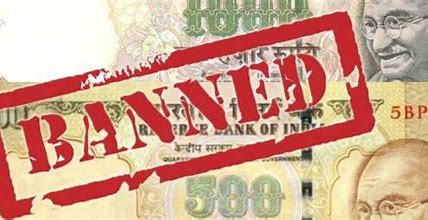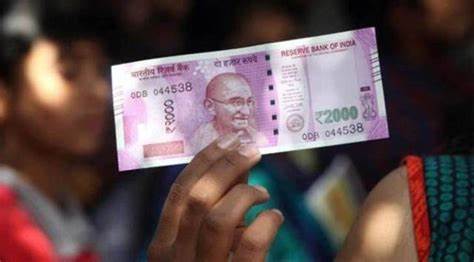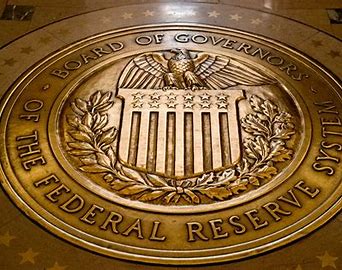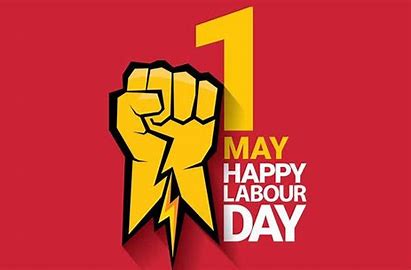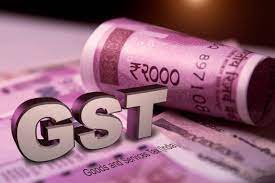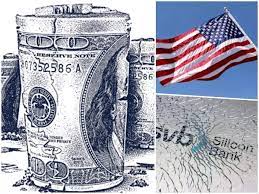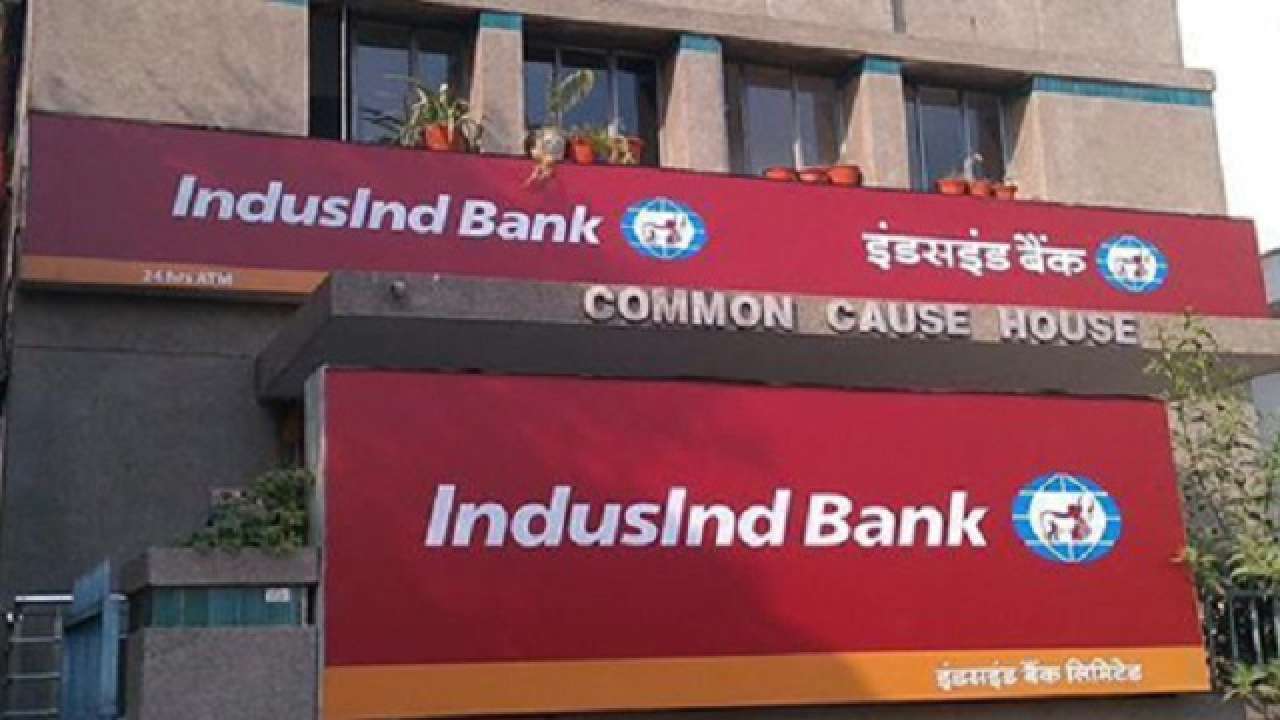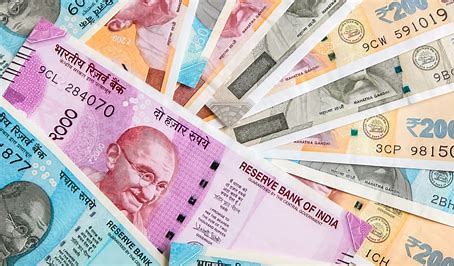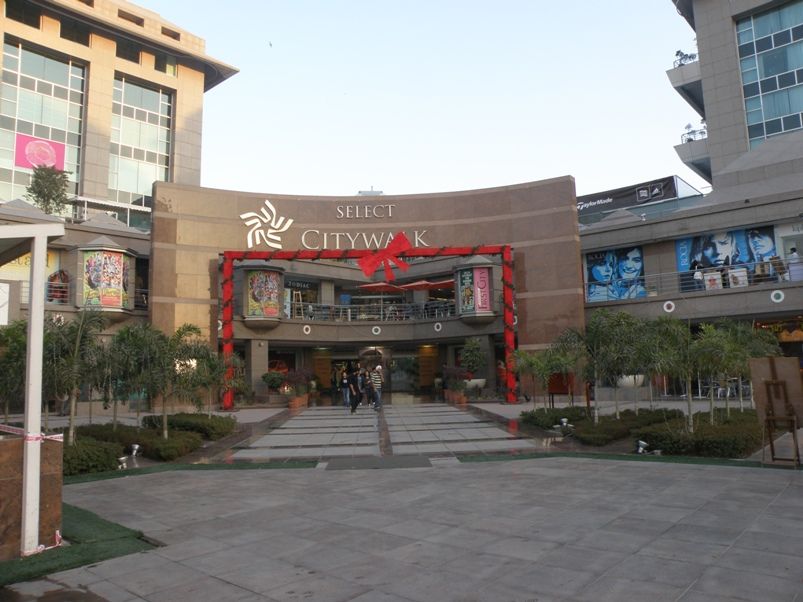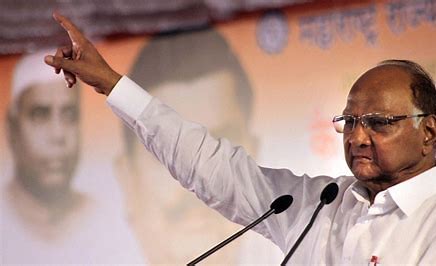
Sharad Pawar: A Political Giant of Maharashtra
- Admin
Sharad Pawar is one of the most influential and respected politicians in India. He has been in public life for over five decades, serving as the Chief Minister of Maharashtra four times, the Defence Minister of India, the Agriculture Minister of India, and the leader of various political parties and coalitions. He is also the founder and president of the Nationalist Congress Party (NCP), which is a key ally of the ruling coalition in Maharashtra.
Sharad Pawar was born on 12 December 1940 in Baramati, a town in Pune district of Maharashtra. He came from a humble background, as his father worked as a farmer and a clerk in the local cooperative bank. He completed his education from Brihan Maharashtra College of Commerce in Pune and joined the Congress party in 1960. He rose through the ranks of the party and became a member of the Maharashtra Legislative Assembly in 1967.
Sharad Pawar's political career took off when he became the youngest Chief Minister of Maharashtra in 1978 at the age of 38. He broke away from the Congress party and formed a coalition with the Janata Party and the Peasants and Workers Party. He was known for his administrative acumen and his populist policies, such as providing free electricity to farmers and abolishing octroi tax. He also initiated several development projects in rural areas, such as irrigation schemes, roads, schools, and hospitals.
Sharad Pawar returned to the Congress party in 1987 and became the Chief Minister of Maharashtra again in 1988. He was instrumental in quelling the communal riots that erupted in Mumbai in 1992-93 after the demolition of Babri Masjid. He also played a key role in bringing peace and stability to the state after the serial bomb blasts that rocked Mumbai in 1993.
Sharad Pawar became the Defence Minister of India in 1991 under Prime Minister P.V. Narasimha Rao. He oversaw the modernization of the armed forces and dealt with several security challenges, such as the insurgency in Kashmir, the Kargil War with Pakistan, and the nuclear tests by India and Pakistan in 1998.
Sharad Pawar left the Congress party again in 1999 after he opposed Sonia Gandhi's leadership on the grounds of her foreign origin. He formed his own party, the NCP, which allied with other regional parties to form a coalition government at the centre under Prime Minister Atal Bihari Vajpayee. He became the Agriculture Minister of India and introduced several reforms and schemes to boost agricultural production and improve farmers' welfare.
Sharad Pawar has been a kingmaker in Maharashtra politics for many years. He has formed alliances with different parties at different times, depending on his political interests and calculations. He has also been a mentor to many young leaders, such as his nephew Ajit Pawar, his daughter Supriya Sule, and his protégé Uddhav Thackeray.
Sharad Pawar is widely regarded as a pragmatic and visionary leader who has contributed immensely to the development of Maharashtra and India. He is also admired for his courage and resilience, as he has overcome many challenges and controversies in his long political career. He is currently battling cancer, but he has not let that affect his work or spirit.
Sharad Pawar is a political giant of Maharashtra who has left an indelible mark on Indian politics.


